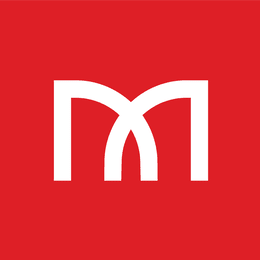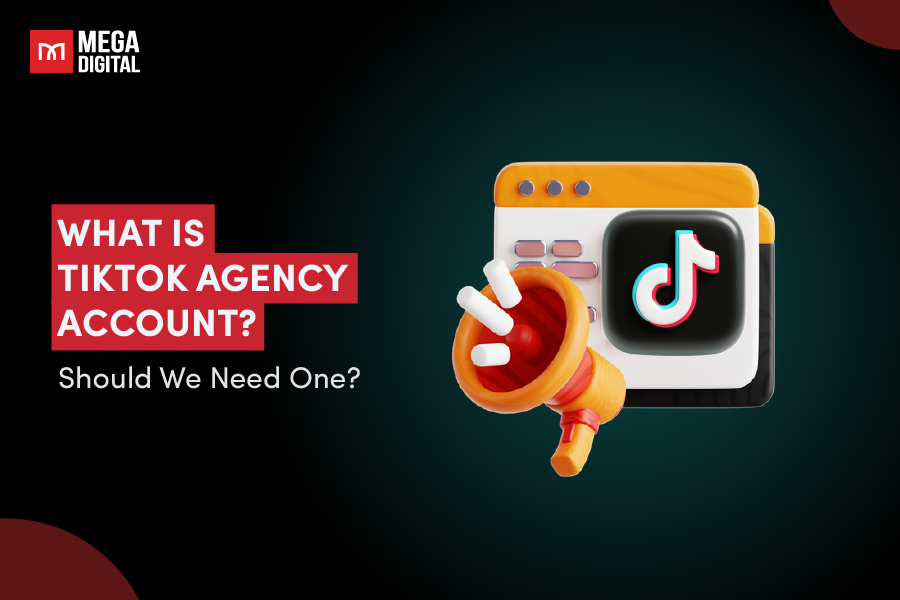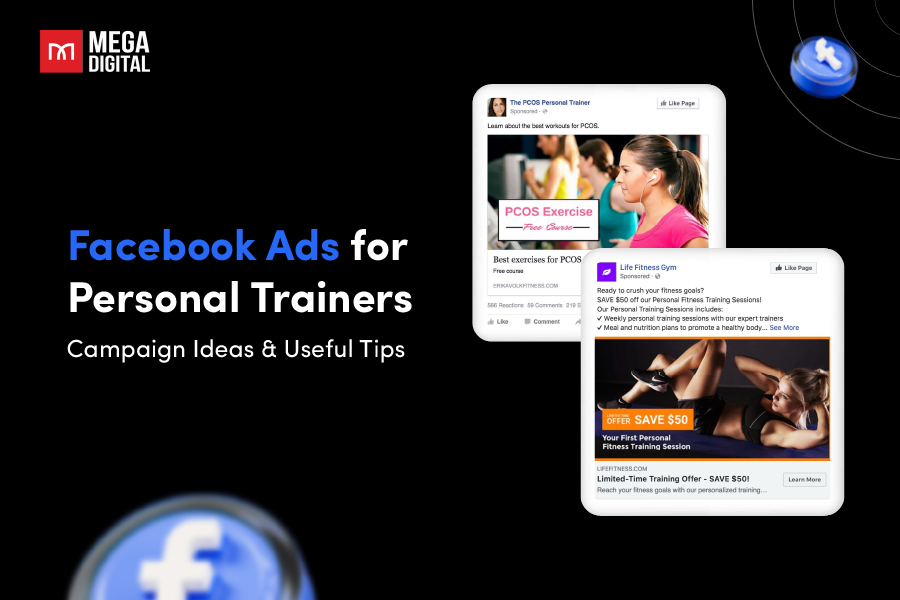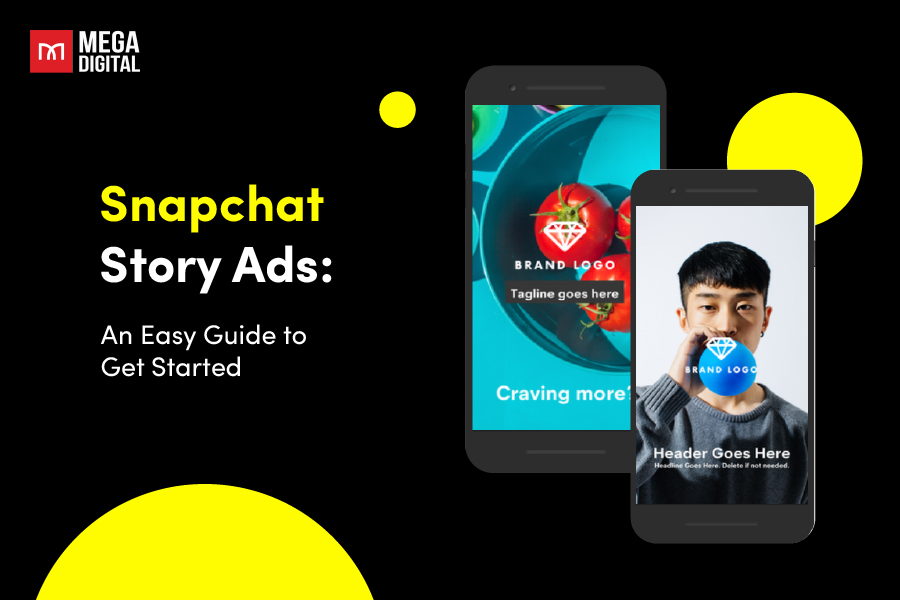Whether you’re planning a local workshop, a large conference, or a virtual event, Google Ads offers various methods like search, video, and display ads to reach your target audience effectively. In this article, we’ll explore how to leverage Google Ads for events, from setting up your campaign to optimizing it for maximum success.
Why Use Google Ads for Events?
Google Ads consistently delivers quality to its vast user base, with entrepreneurs lauding its efficiency and impressive outcomes. According to Clutch, a staggering 90% of consumers attest to ads influencing their purchase decisions, underscoring the significant impact of Google Ads. If you’re still uncertain, let’s see the benefits.
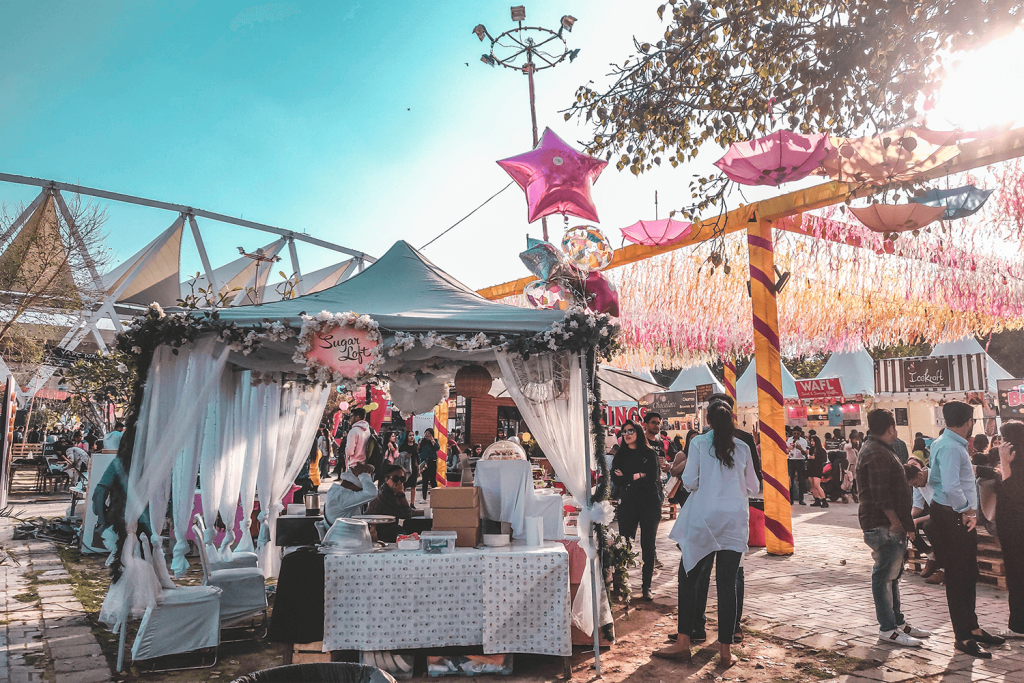
Get More Event Attendance
By ranking 1st on Google, you can attract 30 times more traffic compared to the site in the 10th position.
Target your Ads
Targeting your ads with Google Ads allows you to reach a specific audience interested in your event. You can tailor your ads based on interests, demographics, location, and online behavior. Here are the targeting options available:
- Keywords: Display your ads when users search for relevant terms.
- Ad location: Show your ads to users in specific locations.
- Age and language: Target specific age groups and languages.
- Timing: Determine when your ads appear.
Save your Advertising Expenses
Google Ads is a cost-effective marketing strategy compared to other methods like Network Marketing or Email Marketing. With Google Ads, you can set a budget as low as $10, ensuring you don’t overspend. Remember, Google operates on a pay-per-click model, so you only pay when someone clicks on your ad, making it a cost-efficient option for reaching your target audience.
Increase your Online Presence
Your event gains maximum exposure through paid ads, ensuring prominence atop search results. For instance, if you’re hosting a large seminar on Emergency Medical Care in Melbourne, using Google Ads ensures your event consistently appears at the forefront of search results whenever someone searches for Emergency Medical Care in Melbourne.
The benefits of well-optimized Google Ad campaigns far surpass any misconceptions surrounding them.
Now that we’re aligned on this, it’s crucial to devise a comprehensive strategy for promoting our upcoming events. Let’s get started!
Which is the Best Ad Format for Events?
The ideal choice depends on your specific event and goals. Here’s a breakdown of the two main formats and when each might be a good fit:
1. Search Network Ads (Text Ads)
Best for: Users actively searching for events or topics related to your event.
Imagine someone searching for “marketing conferences 2024” or “music festivals near me.”
Pros:
- Laser-focused targeting: Reach users with high purchase intent based on their exact search queries.
- Cost-effective: Pay-per-click (PPC) model ensures you only pay when someone clicks on your ad, maximizing your budget.
- Concise and informative: Text format allows for clear and essential information about your event.
Cons:
Limited creativity: Text-based format restricts visual storytelling and emotional connection.
Competition: Competitive keywords can lead to higher bidding costs.
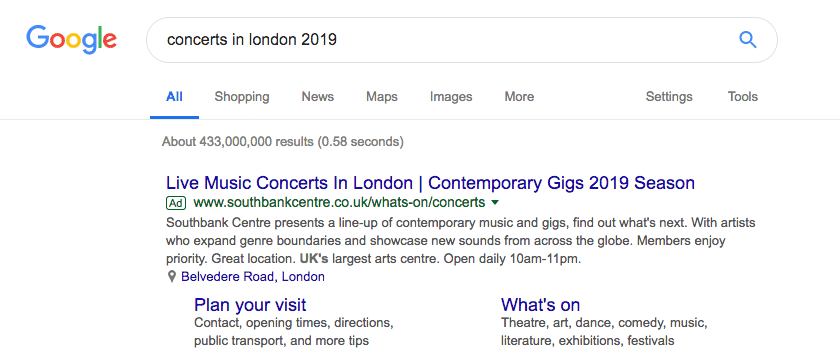
2. Display Network Ads (Banner & Video Ads)
Best for: Broad audience with demographics and interests relevant to your event.
Imagine reaching people who recently browsed websites about music or who fit your ideal conference attendee profile.
Pros:
- Visually captivating: Images, animated gifs, and videos grab user attention and showcase your event’s essence.
- Broad reach: Cast a wider net to capture potential attendees who might not be actively searching but could be interested.
- Brand awareness boost: Repeated ad exposure increases brand recognition and positions your event in their minds.
Cons:
- Lower targeting precision: May reach users not actively looking for events.
- Potentially higher cost: Bidding strategies can affect cost, especially for broader targeting.
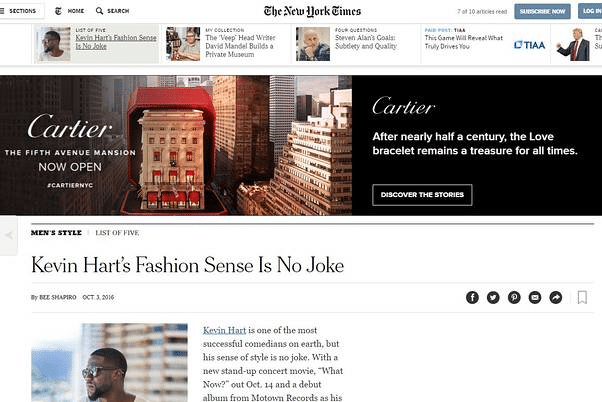
With over a decade of experience in Google Ads management, I strongly advise using Display ads for your event promotion. Many of my clients have found great success using display ads to promote events. With visual appeal, broad reach across the Google Display Network, and precise targeting options, Display ads are effective in reaching the right audience.
How to Promote an Event on Google?
After extensively running Google Ads for events, I have gathered valuable insights. Here are some effective strategies to accurately target your intended audience.
1. Location Targeting
A Google Ads Display Campaign reaches users through the vast Google Display Network, the world’s largest display ad network. This network connects with over 90% of internet users globally, delivering more than a trillion impressions to over a billion users each month.
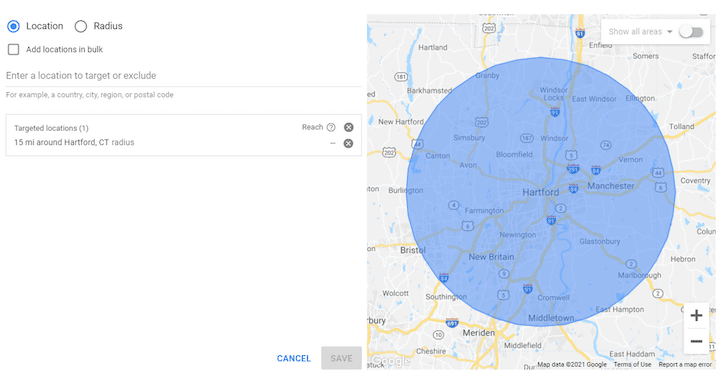
Similar to YouTube Ads, the foundation of Google Display campaigns is audience targeting, with location being especially crucial for local events. A Google Display campaign allows you to target users:
- Within a specified radius around your event, such as 20 miles
- In specific towns or cities
- Within particular postcodes
However, exercise caution with location targeting, as it may not be as precise as some other advertising platforms. Ensure you target “people in, or regularly in” your desired locations, rather than just “people who have shown an interest in” those locations.
2. Demographic Targeting
With your audience’s location identified, it’s time to focus on demographics. In your Google Display Ads campaign, you can target specific ages, genders, parental statuses, and, in some countries, household income levels.
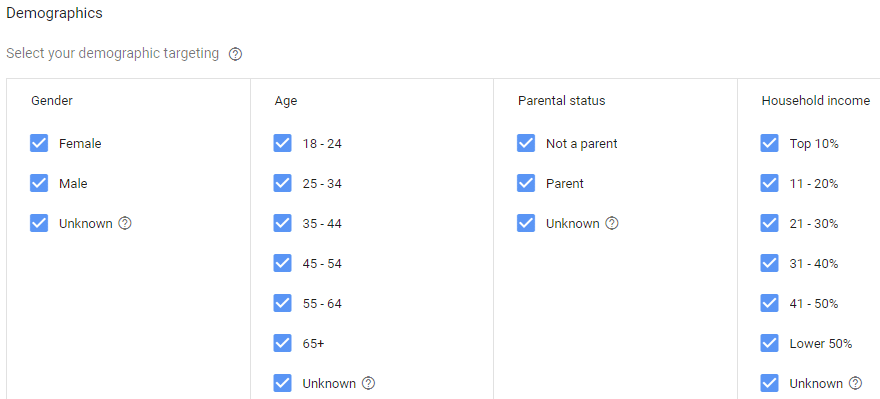
However, be aware that a significant portion of users falls into the “unknown” category for each demographic. For example, many 35-44-year-olds may be categorized as “unknown.” If this is your target age group, consider including “unknown” in your targeting options to avoid missing a substantial part of your audience.
Additionally, it can be effective to exclude age groups or genders you definitely do not want to target. Regardless of your choices, continuously monitor and optimize performance for these demographic segments to maximize your campaign’s return.
3. Interest Targeting
Beyond location targeting, it’s important to consider audience interests for your Google Ads campaign. Depending on your event, there are numerous interests you can target. For example, if you’re promoting a running event, you can focus on interests related to running, fitness, and sports.
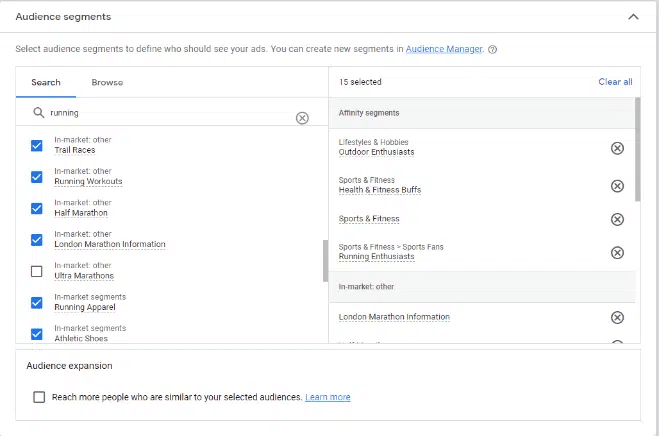
In addition to, or instead of, audience targeting, you might use topic targeting. Topic targeting focuses on the content users are viewing, such as web pages related to your event’s theme, rather than their general interests.
For instance, with topic targeting, your ads would appear alongside content about running or fitness, such as blog posts and news articles. However, remember that running enthusiasts don’t spend all their time on fitness blogs, so relying solely on topic targeting might limit your reach.
When combining audience and topic targeting, your ads will only be shown to users who match both the interest targeting and are visiting a web page that aligns with the topic. This approach creates very narrow and specific targeting, which can be effective but also restrictive.
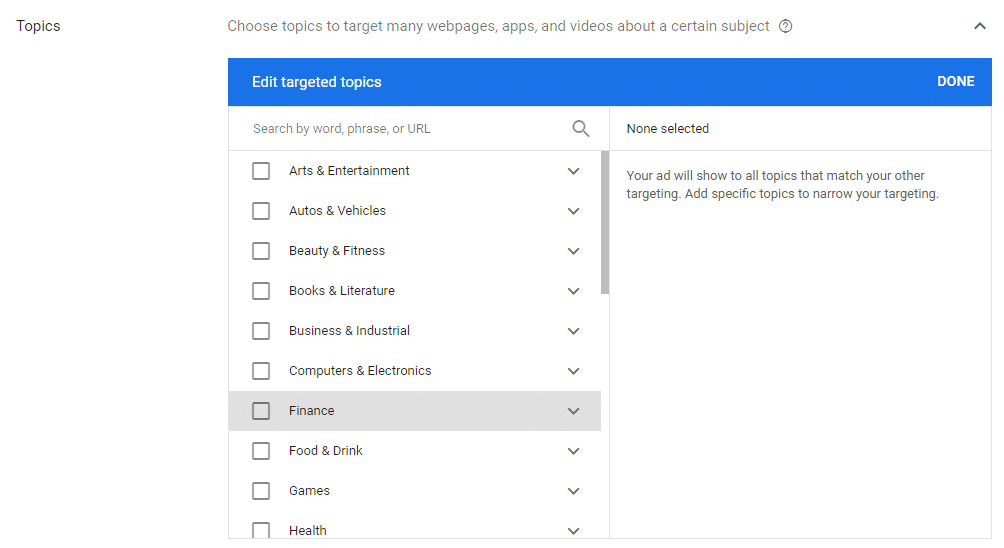
4. Placement Targeting
Moreover, you can target specific websites and web pages, a strategy known as Placements Targeting.
This approach is highly specific and should be applied with caution. Keep in mind that this method works in conjunction with Location targeting. For instance, targeting users within a 20-mile radius who visit certain websites or web pages will likely yield a very narrow audience for your ads. Additionally, your ads won’t appear every time the targeting criteria are met due to competition with other advertisers using similar or different targeting strategies.
Overall, it’s advisable to avoid Placement targeting unless you are also targeting a broad geographic area or a large number of websites and web pages.
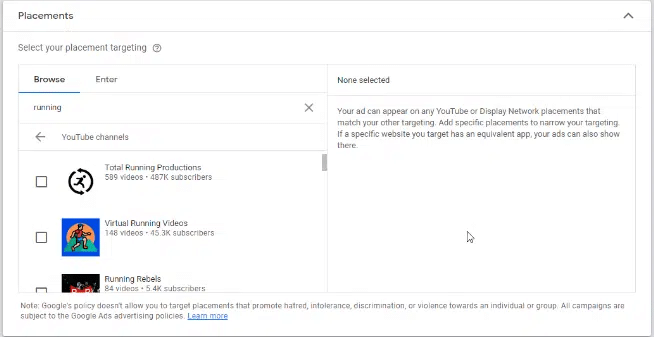
5. Keyword Targeting
Lastly, there is keyword targeting (refer to keyword research). This method involves selecting keywords that match the content of the pages a user visits. It can easily overlap with Topic targeting or Placement targeting, as it focuses on the content rather than the user.
Keyword targeting can be a broader approach to content targeting or a strategy to extend targeting within an existing campaign.
For example, for a running event, you might target keywords like “running”, “5k run”, “10k run”, “running shoes”, and “running workouts”. Additionally, you could consider related keywords and content such as “weight loss”, “fitness”, “fitness plan”, and “exercise program”.
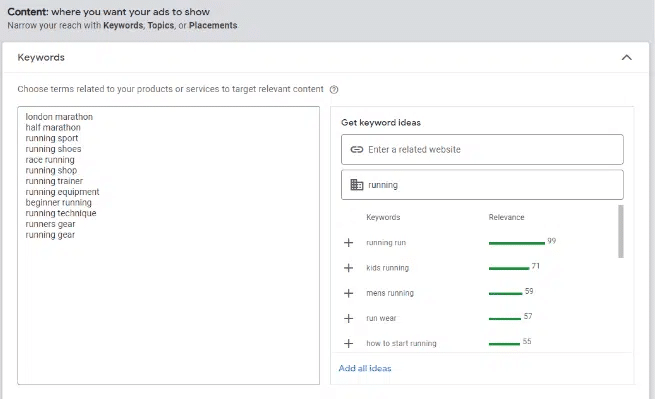
How Much Does It Cost to Run Google Ads for Events?
Many event companies begin with limited budgets, which is perfectly fine as it allows them to experiment with ads and keywords before fully committing.
Starting with a monthly budget of $600 with Search Ads is a sensible approach, and this amount can be increased as performance improves.
If you have a slightly larger budget, such as $2500, you can expand into awareness platforms through Google Discovery. This will get your ads seen on the YouTube feed, Gmail, and Google Discover.
I recommend allocating part of your budget to a remarketing campaign since these users have already shown interest by visiting your website or engaging with a previous ad. However, avoid spending your entire budget on remarketing, as these users might not be as qualified as those reached through Google Search. Aim for a balanced approach and consistently analyze your performance to ensure your budget is optimally allocated for the desired conversions.
10 Creative Google Ads for Events Examples
- Food Festival: “Ready for a culinary adventure? Visit [Your Festival Name] Food Festival and explore unique flavors from around the world. Get your tickets now!”
- Music Festival: “Feel the rhythm at [Your Festival Name]. Experience your favorite artists live. Book your tickets today!”
- Art Exhibition: “Immerse yourself in art at [Your Exhibition Name]. Marvel at stunning works and creative masterpieces. Reserve your spot now!”
- Fitness Event: “Looking to get fit? Join our [Your Event Name] fitness event and discover new health and wellness methods. Sign up today!”
- Conference: “Stay informed with [Your Conference Name]. Connect with industry leaders and expand your network. Reserve your spot now!”
- Carnival: “Experience the magic of [Your Carnival Name]. Enjoy thrilling parades and lively festivals. Buy your tickets today!”
- Marathon: “Take on the challenge of our [Your Marathon Name]. Run for fitness, fun, or a good cause. Sign up today!”
- Yoga Retreat: “Escape the daily grind and rejuvenate at our [Your Retreat Name] yoga retreat. Reserve your spot now!”
- Bike Race: “Join the excitement at our [Your Race Name] bike race. Pedal to victory or cheer on your favorite cyclists. Book your tickets now!”
- Book Fair: “Love books? Visit the [Your Fair Name] book fair and discover new authors and captivating titles. Book your tickets now!”
- Wine Tasting: “Savor exquisite wines at our [Your Event Name] wine tasting. Explore new varieties and learn from experts. Reserve your spot now!”
- Charity Run: “Run for a cause at our [Your Run Name]. Support [Purpose of Run] and stay fit. Sign up now!”
- Workshop: “Enhance your skills at our [Your Workshop Name]. Learn from experts and expand your knowledge. Secure your spot today!”
Wrap up
Using Google Ads for event promotion can significantly boost attendance. By continuously optimizing your campaigns, you can ensure your ads perform at their best and drive more attendees and making your event a success!
Besides, if you’re ready to promote your event but want to avoid setup delays or account issues, renting a Google Ads agency account from Mega Digital is a smart choice. Get instant access to a verified account and expert support to launch your campaigns without disruption!
